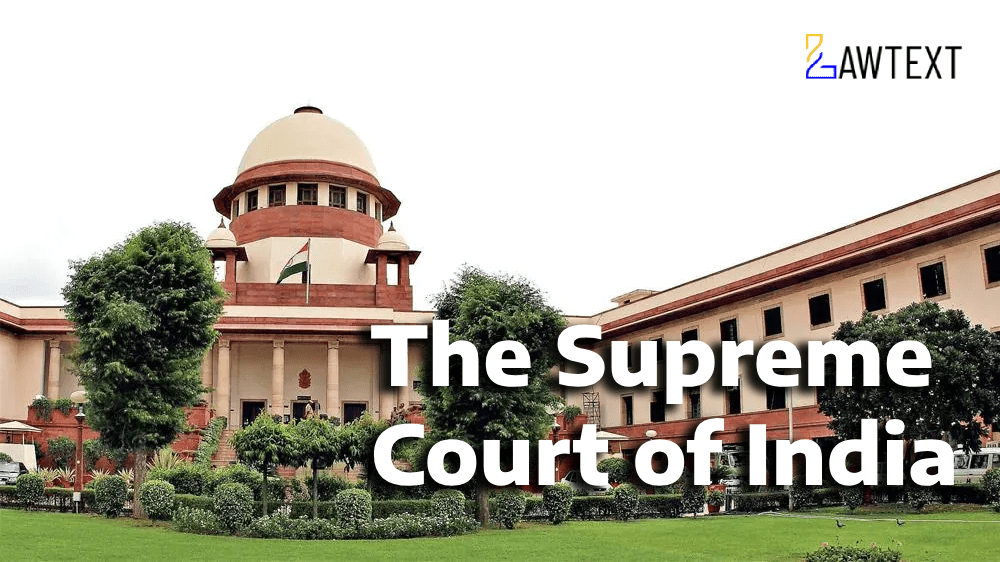"Acquittal on Grounds of Lack of Conclusive Circumstantial Evidence" "When suspicion remains, conviction cannot stand: the chain of circumstantial evidence must be complete and unbroken."

CASE NOTE & SUMMARY
1. Factual Background
- Incident Date: February 2, 1997.
- Victim's Death: Due to head injuries caused by blunt and sharp-edged weapons.
- Discovery: Deceased's body was found in the verandah of Mohan Singh's shop on February 3, 1997.
- Accusations: Appellants allegedly murdered the deceased due to prior enmity linked to 1996 Panchayat elections.
2. Prosecution Evidence
- Based on circumstantial evidence, including the following:
- Last seen with the accused.
- Motive due to past enmity.
- Recovery of items near the crime scene (meat bag and blood-stained stone).
3. Trial Court Findings
- Convicted appellants under Section 302/34 IPC (murder with common intention) and Section 201 IPC (causing disappearance of evidence).
4. High Court's Partial Reversal
- Altered conviction to Section 304 Part I IPC (culpable homicide not amounting to murder).
- Reduced sentence from life imprisonment to 7 years rigorous imprisonment.
Supreme Court Findings
Legal Principles on Circumstantial Evidence
- Circumstances must be conclusively proven.
- Circumstances must point only towards the guilt of the accused.
- The chain of evidence must exclude all other hypotheses of innocence.
Analysis
Motive
- Though enmity was proven, no direct evidence linked the enmity to the crime.
Last Seen Theory
- Time gap (16 hours) between the deceased being last seen and recovery of the body.
- No proximity between the places where the deceased was last seen and where the body was found.
Recovery of Items
- Meat bag and stones found near the crime scene could not be conclusively linked to the accused.
Discovery Statement (Section 27 of Evidence Act)
- Statements inadmissible as recovery of incriminating items occurred before the disclosure.
Judgment
- Ratio Decidendi: In a case based on circumstantial evidence, a conviction cannot stand unless the prosecution establishes a chain of evidence that is complete, credible, and excludes every hypothesis of innocence.
- Decision: Acquittal of appellants. High Court and trial court findings overturned.
Relevant Acts and Sections:
-
Indian Penal Code (IPC)
- Section 302: Punishment for murder.
- Section 304 Part I: Culpable homicide not amounting to murder (with intent to cause death).
- Section 201: Causing disappearance of evidence.
- Section 34: Common intention.
-
Indian Evidence Act, 1872
- Section 27: Admissibility of discovery statements.
-
Code of Criminal Procedure, 1973 (CrPC)
- Section 313: Examination of accused.
Subjects:
Criminal Law, Circumstantial Evidence, Acquittal.
Evidence Act, Indian Penal Code, Motive, Last Seen Theory, Section 27 Evidence Act, Acquittal, Chain of Circumstances, Reasonable Doubt.
ISSUE OF CONSIDERATION
SURESH CHANDRA TIWARI & ANR. VERSUS STATE OF UTTARAKHAND
Citation: 2024 LawText (SC) (11) 280
Case Number: CRIMINAL APPEAL NO.1902 OF 2013
Date of Decision: 2024-11-28
Case Title: SURESH CHANDRA TIWARI & ANR. VERSUS STATE OF UTTARAKHAND
Before Judge: (J.B. Pardiwala J. , Manoj Misra J. )
Appellant: SURESH CHANDRA TIWARI & ANR.
Respondent: STATE OF UTTARAKHAND

